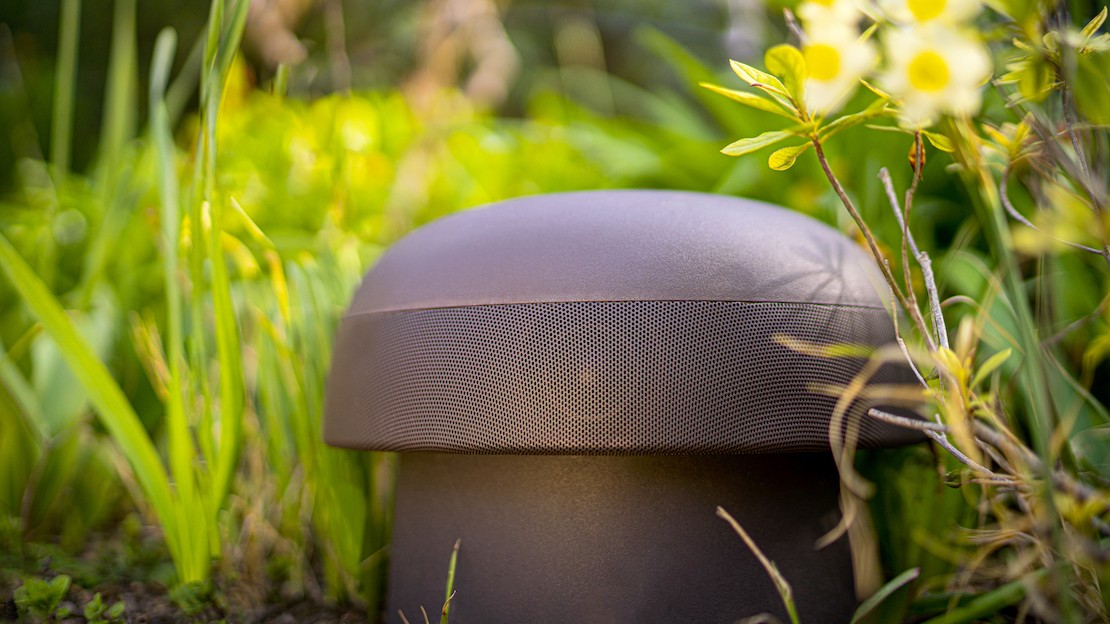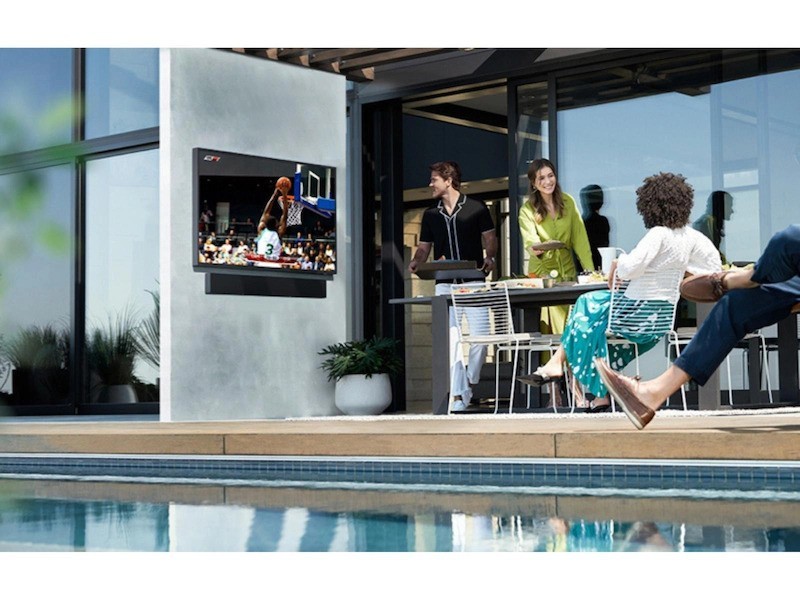It’s finally here! Football season is in full swing and, for a lot of us, that means Sundays (and Saturdays if we can get away with it) sitting in our favorite spot tuned in to the games. The popularity of college and professional football also make this a popular time of year to shop for TVs. If your TV isn’t living up to the gameday hype and atmosphere, The Sound Room is the perfect teammate for you this football season.
In this article, we’ll explore some of the features that matter most when choosing the best TV for watching football and share our team’s specific product recommendations.
How to Choose the Best TV for Watching Football
If you’ve been shopping for TVs recently, we don’t have to tell you it’s a crowded market. TVs have always come in a variety of sizes, but today’s consumer has a plethora of other options to choose from including panel type, resolution, refresh rate, brightness, sound quality, and more. It can all be a little overwhelming. Thankfully, our experts have pulled together a short list of the most impactful options to pay attention to when choosing the best TV for watching your favorite football team.
Screen Size
Don’t overthink it. Bigger is better, but it really depends on your space. As you’ll see below, all of our recommendations are 77” or larger. But that may not work for everyone’s space. Generally speaking, avoid anything smaller than 55” when shopping for a great gameday TV.
Resolution
There is a broad spectrum of resolution options available for TVs today. Most modern TVs offer 4K Ultra HD resolutions, providing sharp images that make it easy to follow the football around the field. Many of the best TVs on the market for watching football today offer HDR (High Dynamic Range) support, like HDR10 and Dolby Vision. This resolution offers improved contrast and vibrant colors, making the game come to life in your living room.




